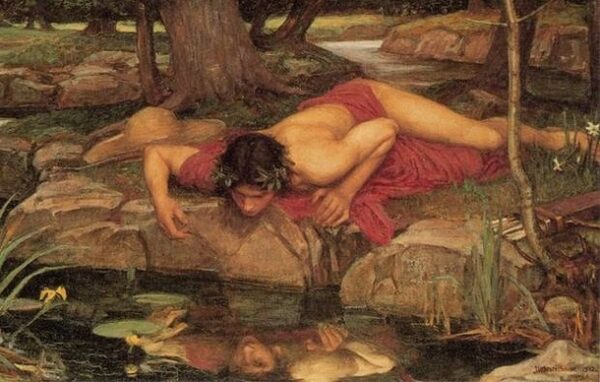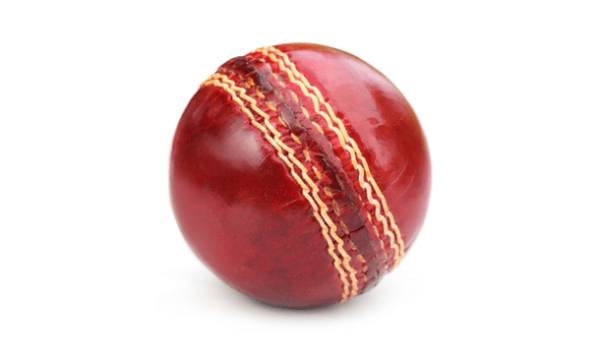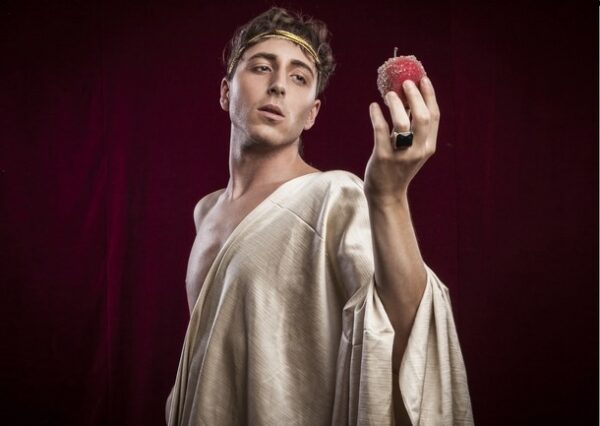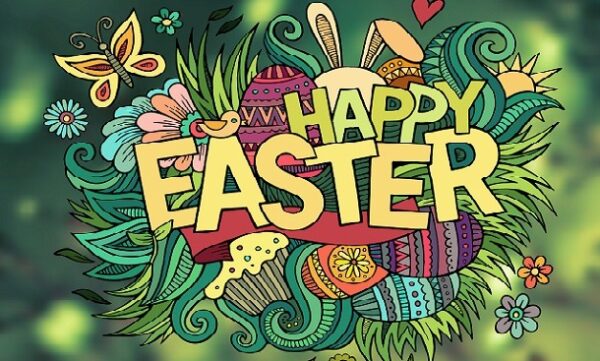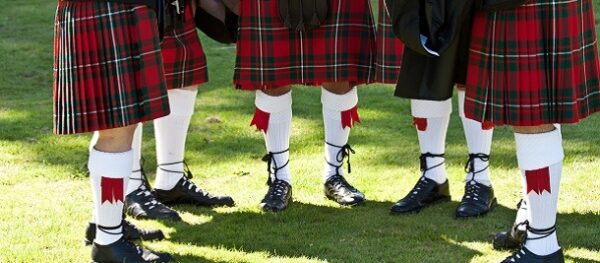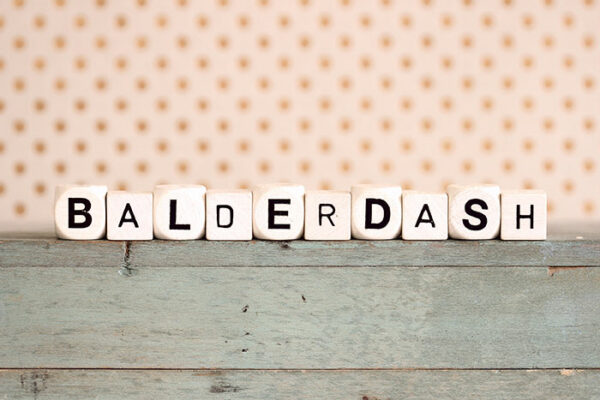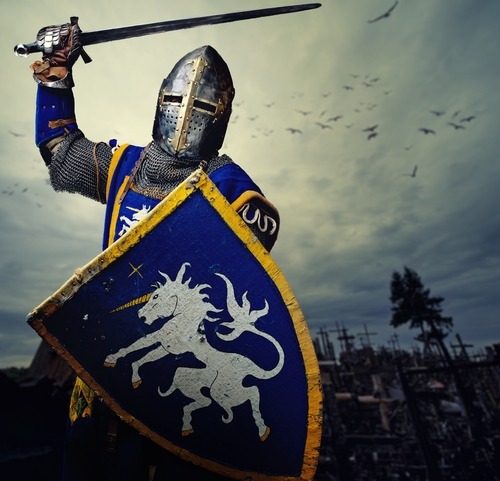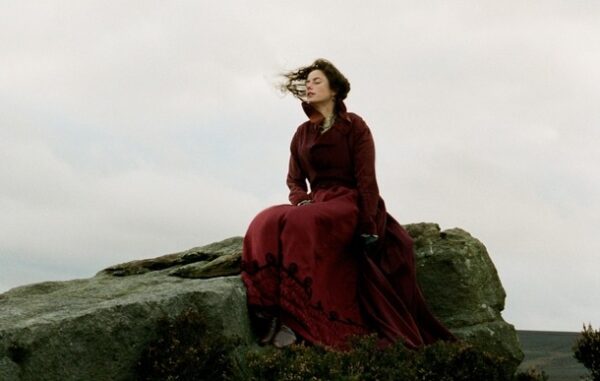
Etymology Corner – ‘Wuthering’
Last week Emily Brontë and Kate Bush shared a birthday. To celebrate Bush’s 57th and Brontë’s 197th, we delve into the origin of the wonderfully Gothic ‘wuthering’. The title of Emily Brontë’s classic novel Wuthering Heights refers to the name of a haunted farmhouse in an exposed moorland… Read More
